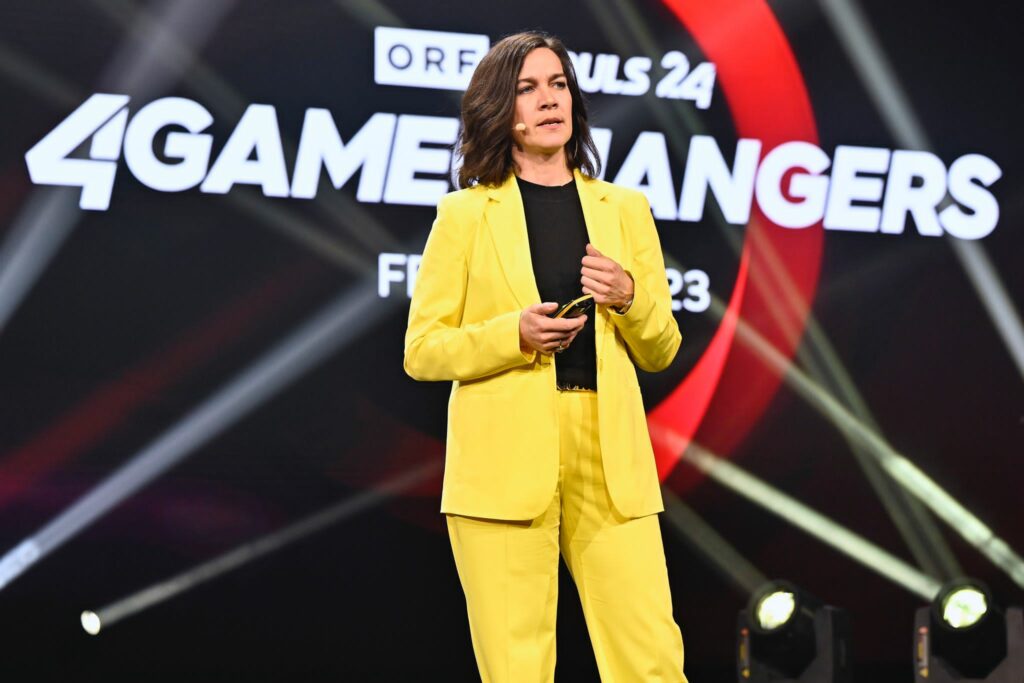Climate change is not just a distant concept; it has become something we can tangibly experience and even taste. The impact of global warming on our food production is alarming, with approximately one-third of greenhouse gas emissions being attributed to this sector, according to the World Food Organization. As the climate continues to warm, our food supply is under threat, posing risks to our diets, our identities, and our very existence. In this article, we will explore the profound connection between food, culture, and climate change, shedding light on the consequences that await us if we fail to take action.
Food and Identity
Food plays a significant role in shaping our individual and collective identities. The choices we make regarding what we eat reflect not only personal preferences but also our beliefs and values. The rise of vegetarianism and veganism, for example, demonstrates a growing awareness of the environmental impact of food production and its implications for climate change. Are these dietary choices motivated by personal identity or a collective effort to combat the climate crisis?
The Loss of Europe’s Garden: Italy, known as the „garden of Europe,“ boasts a proud tradition of being a major producer of fruits and vegetables. However, a recent flood in the region of Emilia Romagna resulted in the loss of 40 million fruit trees. Such extreme weather events are becoming increasingly common due to climate change. Consequently, the harvest was destroyed, and the need for replanting arose. As a consequence, supermarkets will soon witness a scarcity of Italian peaches, cherries, and plums. This unfortunate reality serves as a glimpse into the new normal that awaits us in a globally warmer climate.
The Implications of a Warmer Climate: A warmer climate carries far-reaching consequences. In Spain, for instance, olive farmers are currently grappling with prolonged droughts, a challenge they also faced in the previous year. Jaén, a city located in Andalusia, produces more olive oil than the entirety of Italy. However, with months passing by without rainfall, olive farmers and their families, who have relied on the olive oil business for generations, find themselves in a desperate situation. To adapt to global warming, they are resorting to building irrigation systems to sustain their olive trees. This adaptation is not solely for the preservation of their livelihoods but also to safeguard the regional identity of Andalusia and Jaén as the olive oil capital of the world. The potential loss of these ancient olive trees could transform the southern part of Spain into a desert, forever altering the landscape, values, and identity built over 2,000 years.
Food as Culture
Food is deeply intertwined with culture, acting as a symbol of tradition and identity. If we once believed that climate change only threatened remote polar regions and their wildlife, we must now recognize that it affects our dinner tables as well. Let us consider the perspective of a Guatemalan coffee farmer, who comprehends the stakes involved. Coffee production sustains the livelihoods of over 125 million people worldwide, surpassing the entire population of Japan. For coffee lovers, it forms an essential part of daily life, with each country having its unique coffee culture and preparation methods. However, climate change poses a significant challenge to coffee cultivation, particularly for the beloved Arabica bean. Scientists, corporations, and farmers are actively searching for climate-resilient coffee varieties, but saving our coffee requires a multi-faceted approach.
Mitigation and Adaptation:
To safeguard our food supply, we must address climate change through both mitigation and adaptation strategies. Mitigation entails transitioning to carbon-free electricity, promoting sustainable transportation options, reducing meat consumption, increasing plant-based diets, and combating food waste. However, adaptation is equally crucial, involving the search for coffee plants that can withstand rising temperatures. Above all, patience is necessary as societies adjust their menus and lifestyles to align with a changing climate. While altering heating systems may be relatively straightforward, changing dietary habits requires time, as food holds a deep sense of personal and cultural identity.
Conclusion:
Climate change is no longer an abstract notion confined to the polar regions; it directly impacts what we eat, our cultural traditions, and even our survival. As the consequences of global warming become increasingly evident, it is imperative that we take immediate action to protect our food systems. By recognizing the intrinsic link between climate protection and the food on our plates, we can initiate meaningful change. Climate crisis may not taste good, but it is up to us to shape a future where our meals are not only delicious but also sustainable for generations to come.




